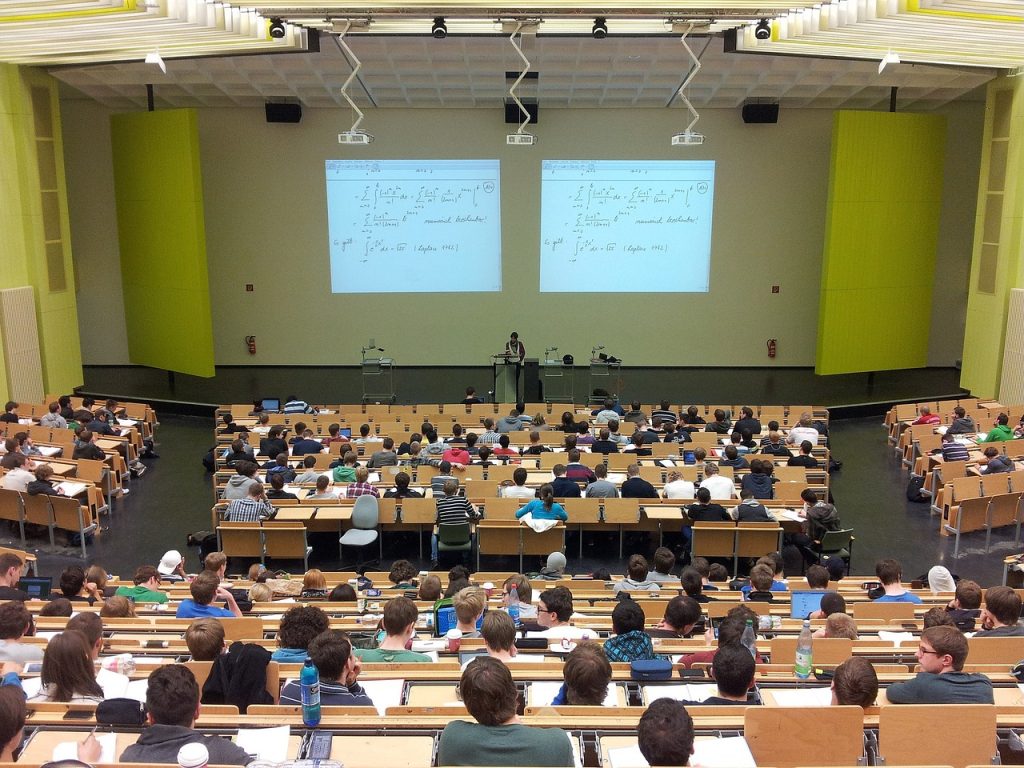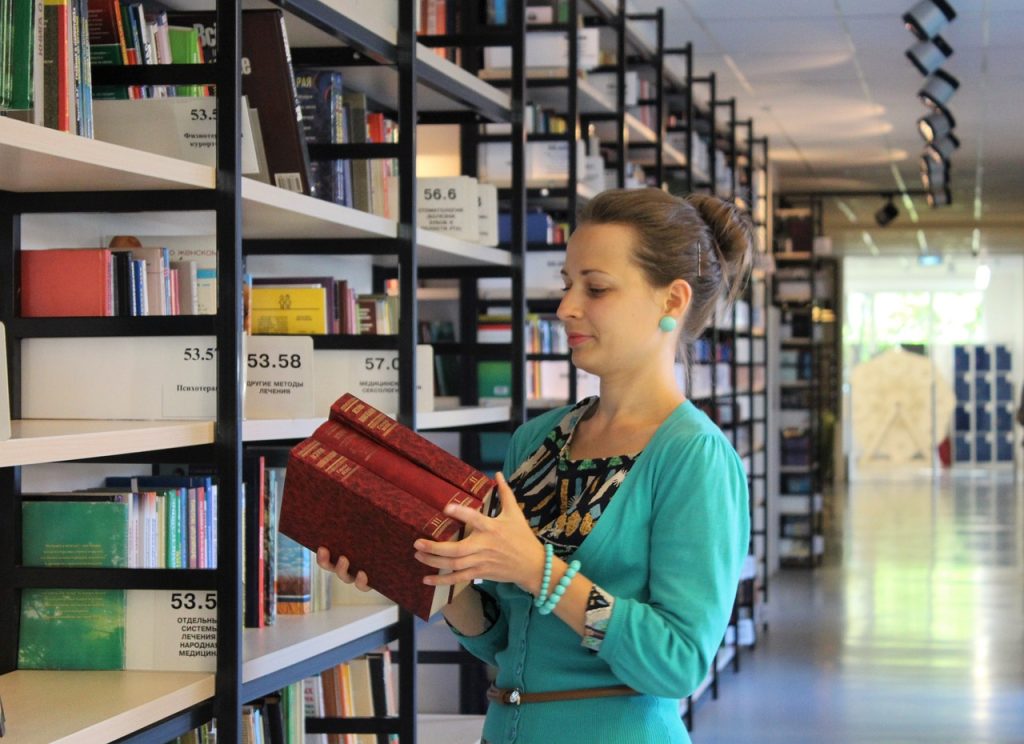Primary and secondary education are major components of school education in South Africa. The Foundation, Intermediate, and Senior phases comprise the six-year primary education program. Students receive the General Education and Training Certificate once their primary education is complete and a Senior Certificate once they have finished secondary school. In South Africa, further education and training are optional beyond the nine years of compulsory schooling that begin at age seven and last until age fifteen (“Education | South African Government”, 2022). Higher education institutions in South Africa have improved due to a reform that started in 2004. Their institutions have consistently maintained the ever-rising bar for higher education systems. Every academic year, more than 45,000 students from other countries opt to study in South Africa. There are 42 private universities as well as 26 state universities (“Education | South African Government”, 2022). Three different categories of public universities are eminent; traditional universities, technological universities and comprehensive universities. According to QS World University Rankings, the University of Cape Town is ranked 226th, making it the highest-ranked institution. The University of Witwatersrand and Stellenbosch University is ranked 424th and 434th, respectively, as the next two best universities. In South Africa, many people are still without a high school diploma (“Education | South African Government”, 2022). Over half (59 percent) of South Africans aged 25 to 64 had completed upper secondary education in 2018.


